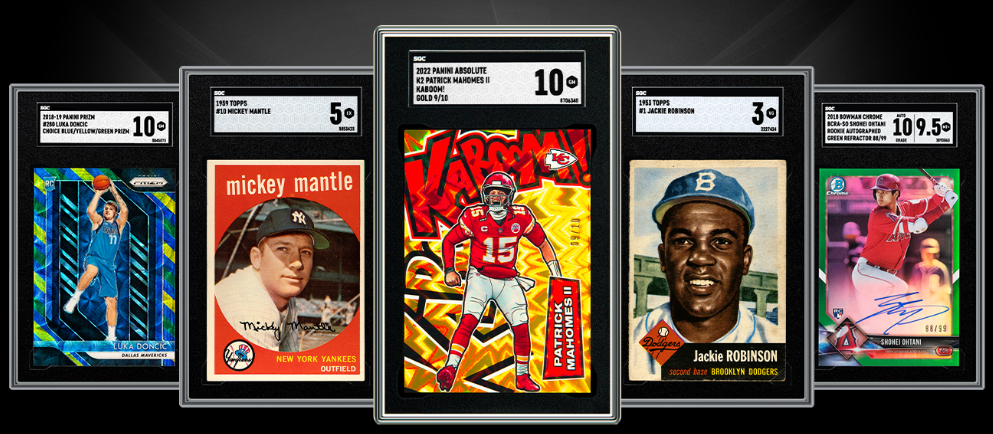I’ve always been fascinated by the world of sports cards and their ever-changing values. As a collector and enthusiast, I’ve learned a thing or two when it comes to assessing the worth of these cards. In this article, I’ll share five valuable tips that have helped me navigate the complex world of sports card values. Whether you’re a seasoned collector or just starting out, these tips will provide you with a solid foundation in understanding the factors that contribute to a card’s value. So, get ready to uncover the secrets behind assessing sports card values and take your collecting game to the next level!
Tip #1: Understand the Factors Affecting Sports Card Values
Historical Significance
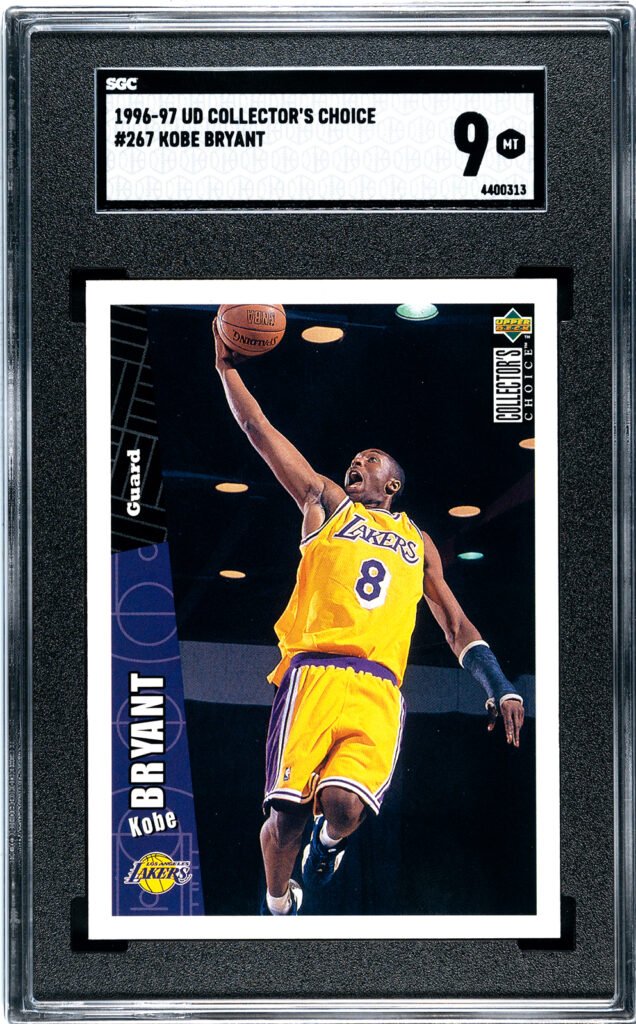

When it comes to assessing the value of sports cards, historical significance is a crucial factor to consider. Cards that are associated with iconic moments in sports history tend to hold more value among collectors. For example, a card featuring a player’s rookie season or a record-breaking performance can significantly impact its worth. Understanding the historical significance of a sports card allows you to determine its place in the broader sports narrative and gauge its value accordingly.
Condition and Grading
The condition of a sports card plays a vital role in determining its value. Cards that are in pristine condition, free from physical damage or alterations, are highly sought after by collectors. Grading services, such as Professional Sports Authenticator (PSA) or Beckett Grading Services (BGS), provide a standardized system to assess and authenticate cards based on their condition. The higher the grade, the more valuable the card becomes. Therefore, evaluating the condition and grading of a sports card is essential to understanding its market value.
Player Popularity and Performance
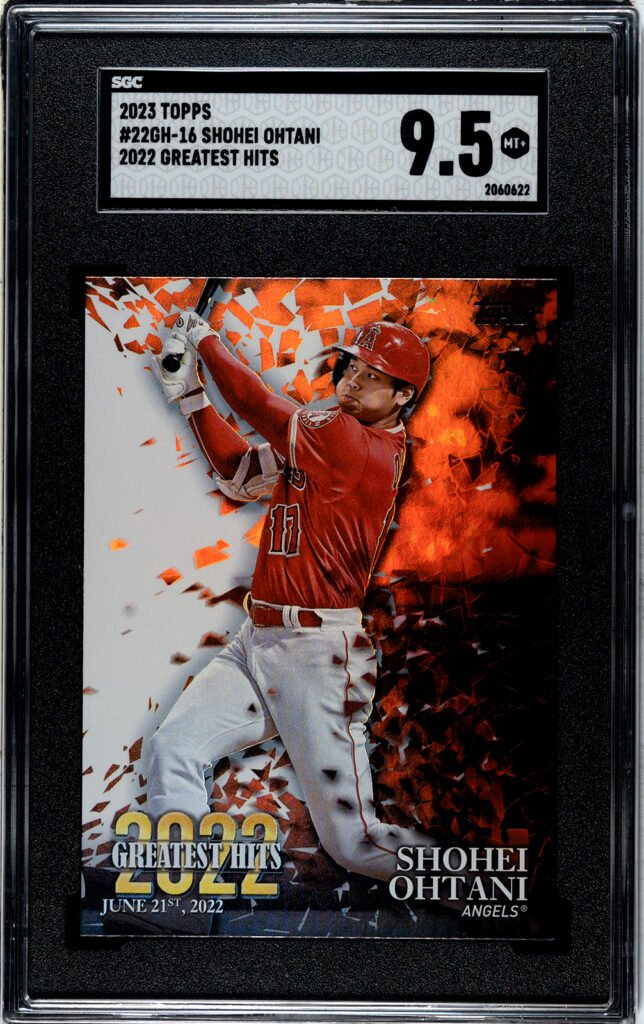

The popularity and performance of the player featured on a sports card can significantly influence its value. Players who have achieved great success in their careers, have a strong fan base, or have captured media attention are more likely to attract collectors and drive up demand. Additionally, the player’s sustained success and impact on the sport can increase the long-term value of their cards. When assessing a sports card, consider the player’s reputation, achievements, and ongoing performance to determine its value accurately.
Scarcity and Rarity
Scarcity and rarity are fundamental factors in determining the value of sports cards. Cards that have a limited production run or are difficult to find in the market tend to command higher prices. limited edition cards, autographed cards, or cards from a specific era can be considered rare and therefore more valuable. Understanding the scarcity and rarity of a sports card allows you to determine its uniqueness and desirability among collectors.
Market Demand and Trends
The value of sports cards is subject to market demand and trends. Monitoring the overall demand for certain players, teams, or card sets can provide insights into their value fluctuations. Changes in collecting trends, such as the rise of a new collecting fad or a shift in popular sports, can impact the prices of cards. Staying informed about market demand and trends helps you make informed decisions when assessing the value of sports cards.
Tip #2: Research and Stay Updated on the Sports Card Market
Follow Industry News and Publications
Keeping up with industry news and publications is crucial to understanding the ever-changing sports card market. Reputable sources such as sports card magazines, online publications, and news websites provide insights into trends, market analysis, and upcoming releases. By regularly reading these sources, you can stay informed about important developments and make informed decisions when assessing sports card values.
Join Relevant Online Communities and Forums
Participating in online communities and forums dedicated to sports card collecting allows you to connect with other enthusiasts and gain valuable insights. These platforms are ideal for discussing market trends, sharing knowledge, and seeking advice. By engaging in these communities, you can tap into the collective wisdom of experienced collectors and stay updated on the latest discussions regarding sports card values.
Track Auctions and Sales
Monitoring auctions and sales is an effective way to gauge the demand and true market value of sports cards. Online platforms like eBay and specialized sports card auction websites offer a wealth of information on completed sales and final prices. Paying attention to these transactions allows you to assess the fluctuation in prices, determine what cards are highly valued, and even identify potential opportunities for investment or acquisition.
Use Pricing Guides and Reference Materials
Pricing guides and reference materials provide valuable insights into the value of sports cards. These resources often provide price ranges or values for various cards, considering factors such as player, condition, scarcity, and historical significance. While these guides may not provide exact values, they serve as a useful reference point when assessing sports card values. Keep in mind that pricing can vary based on the specific condition and demand for a card.
The Sports Card Investor offers a comprehensive and free sports card price guide and database. This extensive resource showcases hundreds of thousands of cards spanning various popular players, sports, and sets. For every sports card listed, the guide provides current prices, sales charts, and listings available for sale. Whether you’re interested in baseball, basketball, football, soccer, hockey, Marvel, or many other types of trading cards, this platform has got you covered. Additionally, for those keen on tracking their collection’s value and accessing years of pricing history, the site introduces “Market Movers.” This advanced tool serves as both a price guide and a collection tracker. Users can even try out Market Movers for free for 7 days using the promo code “7FREE”.
Connect with Experienced Collectors and Professionals
Building relationships with experienced collectors and professionals in the sports card industry can be immensely beneficial. They possess valuable knowledge and insights gained from years of collecting and trading. Engaging in conversations, networking at card shows or conventions, and seeking guidance from these individuals can provide you with a deeper understanding of the sports card market. Their expertise can help validate your assessments and provide valuable perspectives on assessing sports card values.

Tip #3: Assess the Condition and Authenticity of Sports Cards
Inspect for Physical Damage or Alterations
When evaluating the condition of a sports card, carefully inspect it for any physical damage or alterations. Look for issues such as creases, stains, bent corners, or evidence of restoration work. These factors can significantly impact a card’s value and desirability among collectors. A card in excellent condition will usually command a higher price than one with significant damage or alterations.
Check for Accurate Grading and Authentication
If a sports card has been professionally graded and authenticated, verifying the accuracy of the grading is essential. Look for reputable grading labels such as PSA, SGC or BGS, ensuring that the card has been evaluated by a trusted third party. Investigate the specific grade assigned to the card and compare it to similar cards in the market to ensure consistency and fairness.
Be Aware of Counterfeit and Fake Cards
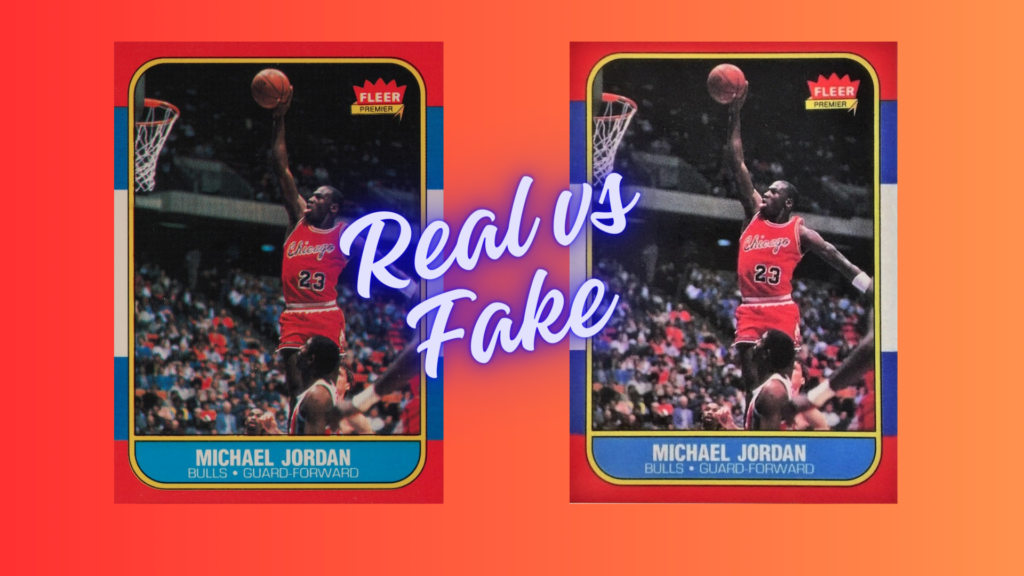
Counterfeit and fake cards are an unfortunate reality in the sports card market. Familiarize yourself with the signs of counterfeit cards, such as poor printing quality, inaccurate player information, or suspiciously low prices. Understand the specific characteristics and security features of authentic cards to help you spot potential fakes. When in doubt, consult experts or seek professional opinions to avoid purchasing counterfeit sports cards.
Consider Professional Grading Services
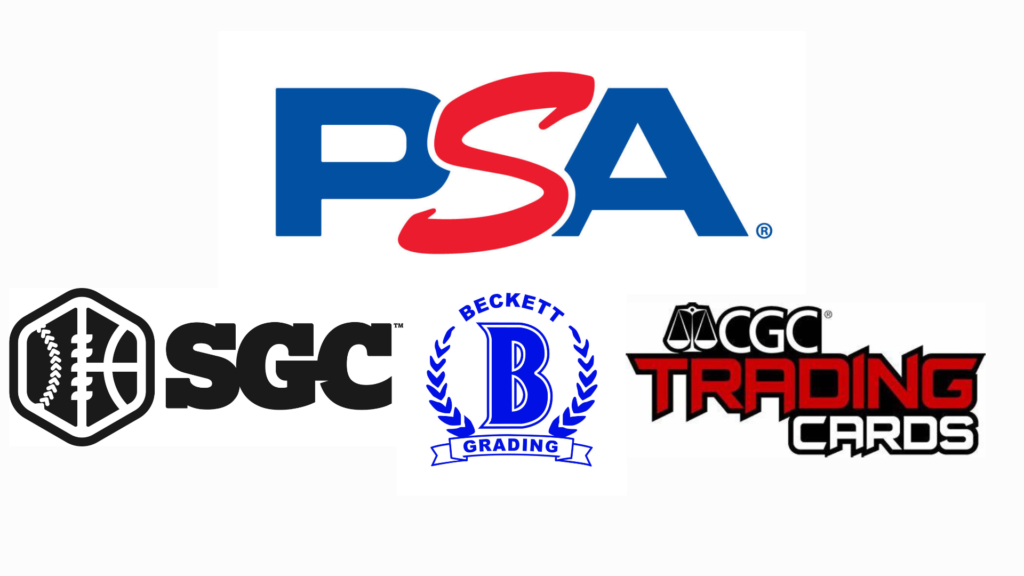
Utilizing professional grading services can enhance the credibility and value of your sports cards. Graded cards are sealed in tamper-evident cases, protecting them from damage and potential manipulation. Additionally, the grading services provide a standardized condition assessment and authentication, providing potential buyers with confidence in the card’s value. Consider submitting high-value or rare cards to reputable grading companies to maximize their market appeal.
Understand the Impact of Card Condition on Value
Never underestimate the significance of the card condition when assessing its value. Even minor flaws can significantly diminish a card’s value, especially in higher-grade cards where the condition is critical. As a collector, understanding the impact of card conditions on value is crucial to making informed decisions when buying, selling, or trading sports cards.
Tip #4: Evaluate Player Popularity and Performance
Research Player Achievements and Statistics
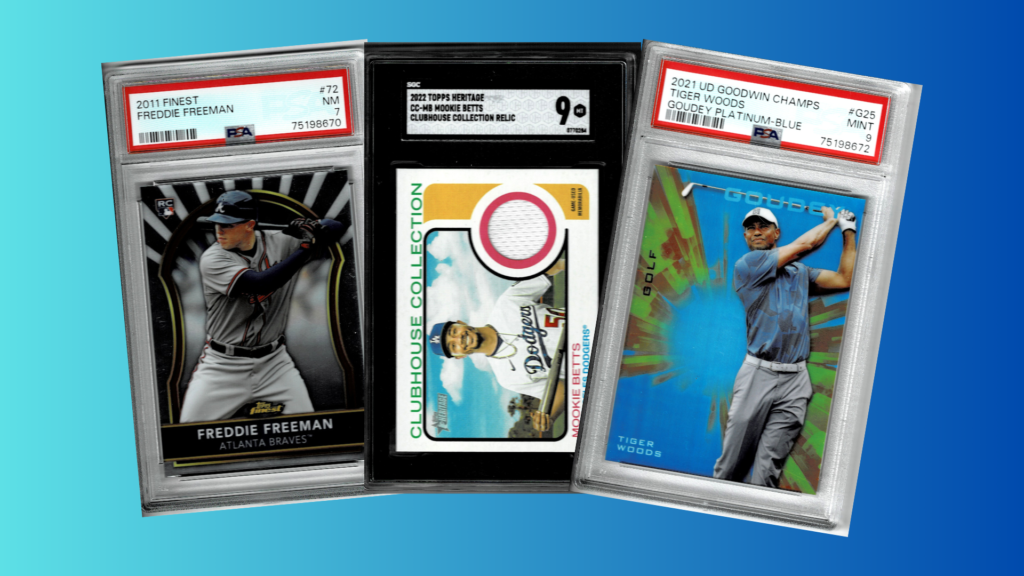
To accurately assess the value of a sports card, research the player’s achievements and statistics. Consider factors such as championships, awards, all-star selections, and statistical records. A player’s accomplishments and accolades contribute to their long-term value and desirability among collectors. In-depth knowledge of a player’s achievements helps provide context and insight into the card’s value.
Consider Longevity and Impact of the Player’s Career
The longevity and impact of a player’s career play a significant role in determining the value of their cards. Players with sustained success over an extended period tend to hold their value better, especially if they have made a considerable impact on the sport. Consider the player’s career milestones, longevity in the league, and their overall impact on their team and the sport as a whole.
Take Into Account the Player’s Popularity and Media Attention
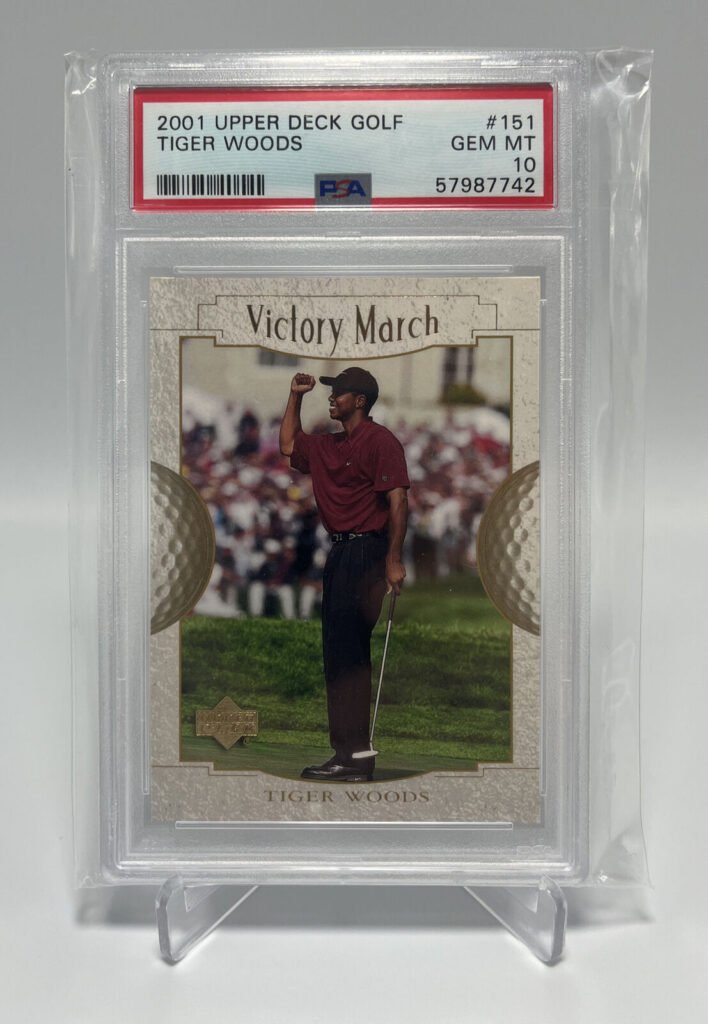

Popularity and media attention can greatly influence the value of a player’s cards. Players who have captured the public’s imagination, become cultural icons, or garnered significant media coverage often command higher prices. Factors such as marketability, endorsements, and media exposure contribute to a player’s popularity and, consequently, the value of their cards. Keep an eye on the cultural landscape and stay informed about current trends and media coverage related to players.
Assess the Player’s Collectibility and Fan Base
The collectibility and fan base surrounding a player can have a direct impact on the value of their cards. Some players have a devoted following of fans who are willing to pay a premium for their cards. Consider the size and enthusiasm of a player’s fan base, as well as any distinctive characteristics that make their cards particularly sought after. Recognize the appeal of certain players among collectors to accurately assess the value of their cards.
Monitor Performance and Future Potential
To stay ahead of the game in assessing sports card values, it is crucial to monitor the player’s performance and future potential. Keep track of their current season statistics, injuries, or other factors that may influence their value. Additionally, consider any potential for future success or increased media attention that may impact the player’s card value. Staying informed about a player’s performance and potential allows you to assess their cards accurately in the ever-changing sports card market.
Tip #5: Be Mindful of Market Demand and Trends
Identify Current Market Trends and Collecting Fads
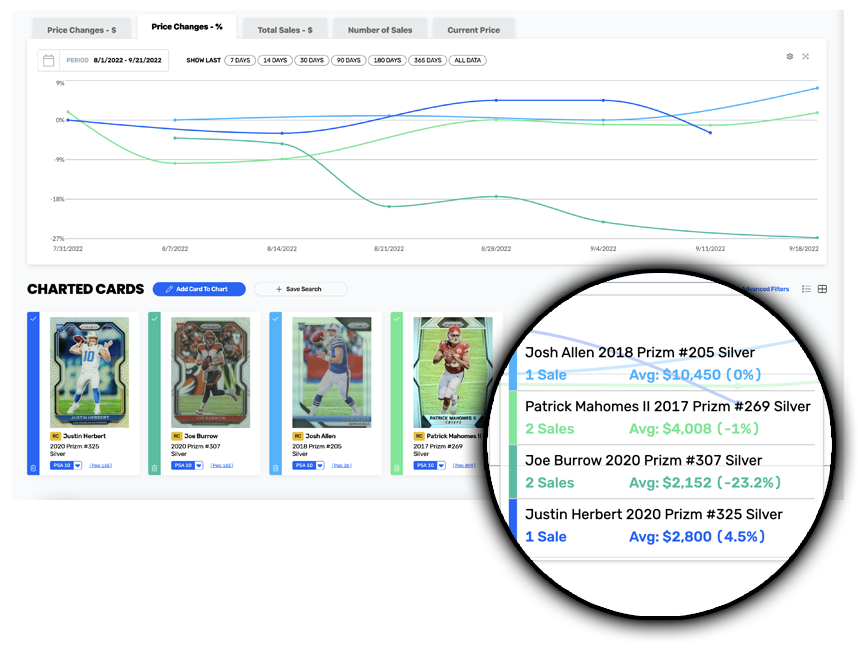
Market trends and collecting fads can have a significant impact on sports card values. Keep an eye out for emerging trends and popular themes in the collecting community. Whether it’s a resurgence of interest in vintage cards or a newfound fascination with a particular player, staying aware of market trends allows you to gauge potential shifts in card values and adjust your assessments accordingly.
I’ve been using a website called Sportscard Investor, and I must say, it’s been a game-changer for me. As someone passionate about sports card investing, this site offers a wealth of information. From understanding the latest market trends to getting advice on which cards might be a good investment, it’s all there. The tools and insights provided have been invaluable in guiding my investment decisions. Whether I’m trying to stay updated with the latest news in the sports card world or seeking expert opinions, this platform has it all. It’s become my go-to hub for all things related to sports card values.
Watch for Fluctuations in Prices and Sales
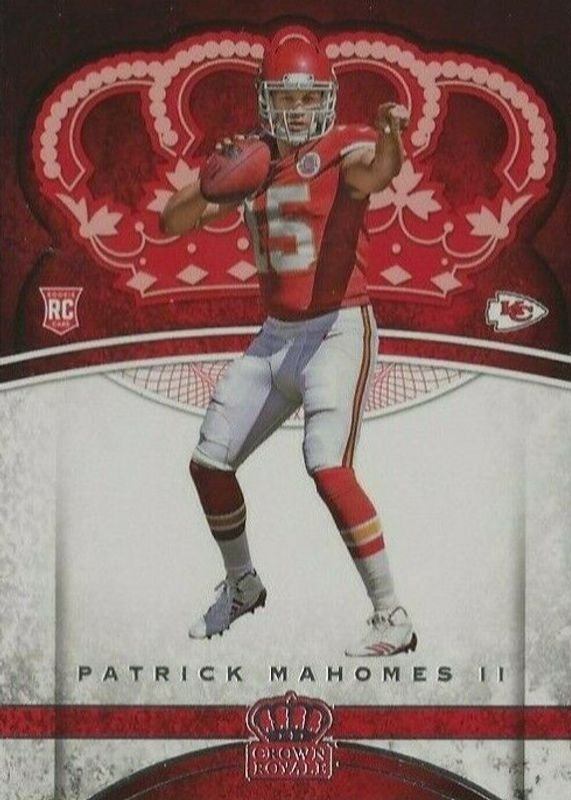

The sports card market is known for its ups and downs, and prices can fluctuate rapidly. Pay attention to price fluctuations and sales trends to understand the evolving demand for specific cards. Factors such as player performance, market conditions, or new releases can influence prices. By monitoring trends and fluctuations, you can assess the value of sports cards more accurately.
Consider the Influence of Supply and Demand
Supply and demand dynamics have a direct impact on sports card values. When a card is in high demand but limited supply, its value tends to increase. Conversely, when supply outstrips demand, prices may drop. Understanding the balance between supply and demand is essential when assessing the value of sports cards. Keep track of popular cards and card sets to see how supply and demand fluctuations play out in the market.
Be Aware of Seasonal Factors and Events
Seasonal factors and events can affect sports card values. For example, during the baseball season, the demand and value of baseball cards tend to increase. Similarly, major events like championships or the induction of players into the Hall of Fame can influence card values. Stay aware of these seasonal factors and events to accurately assess the value of sports cards throughout the year.
Evaluate the Impact of Marketing and Promotion
Marketing and promotion efforts play a vital role in driving demand for sports cards. Companies often collaborate with athletes, creating special edition cards or promotions to generate excitement. Pay attention to marketing initiatives and promotional campaigns to gauge their potential impact on card values. By understanding the influence of marketing and promotion, you can better assess the value of sports cards and identify potential opportunities.
Conclusion
Assessing sports card values requires a comprehensive understanding of various factors, such as historical significance, condition and grading, player popularity and performance, scarcity and rarity, and market demand and trends. By following the tips provided in this article, including researching the sports card market, assessing card condition and authenticity, evaluating player popularity and performance, and staying mindful of market demand and trends, collectors can make informed decisions and optimize their sports card investments. Remember, the sports card market is constantly evolving, so it’s essential to stay updated and continue learning to ensure accurate assessments of sports card values.

Hi there! I’m Felix Gonzalez and I am the owner of Card Collecting Insider, and I’m thrilled to welcome you to my site! With our tagline “Uncover the Art of Collecting, One Card at a Time,” I’m here to provide you with expert insights, valuable resources, and the latest trends in the world of card collecting. Whether you’re a seasoned collector or just starting out, I’m dedicated to helping you discover hidden gems and sharing insider tips to elevate your collection. So join me on this exciting journey, as I dive deep into the captivating realm of card collecting. Let’s unlock the true beauty of these collectible treasures together!

